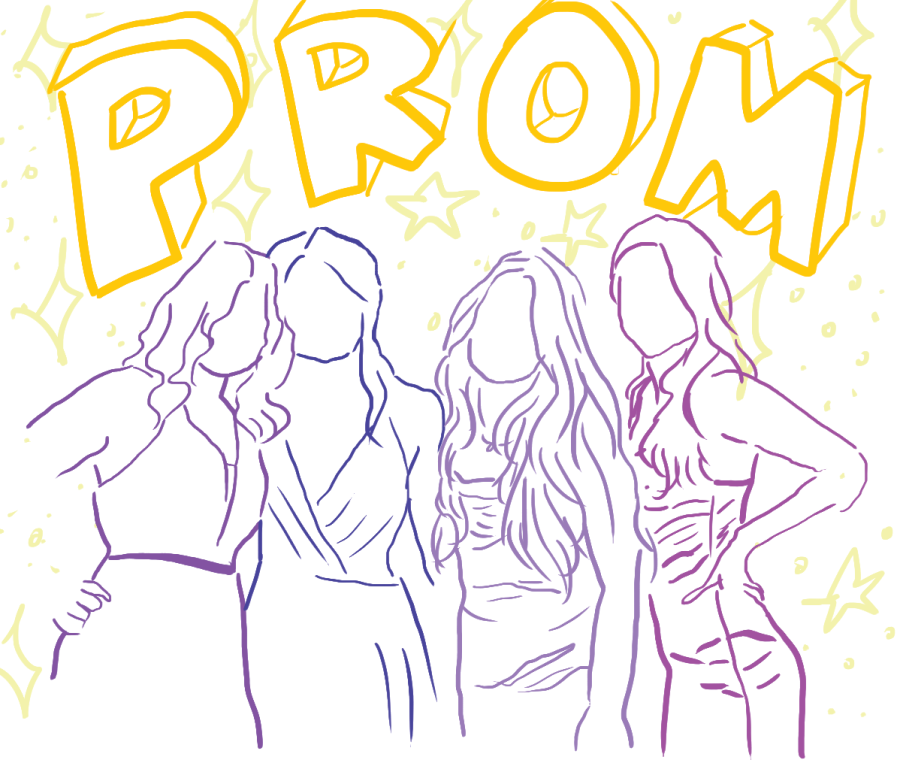Have you ever tried to research a controversial topic? Have you ever wanted to watch a YouTube video instead of the boring lesson and been prevented from doing so? If so, you’ve felt the wrath of the school-issued filters.
The filters have been set up to prohibit students from getting onto inappropriate websites during school. However, many times students either bypass the filters or use their cellphones.
“The school can do as they please. I think to a certain point filters help, but they also hurt students. Then when we have to use our phones to get the information we need, we risk getting in trouble by teachers,” said sophomore Emily Reyes.
Currently, students have the potential to either bypass the filters or even get onto the Internet via their phone. Some teachers know that their students are using their cellphones to access the blocked information.
In foreign language classes, whenever kids don’t know a word, they immediately turn to their phones for Google Translate even though dictionaries are available.
Many students see why filters could be necessary but don’t agree with the filters being issued to high school students.
“The school shouldn’t do that. We’re grown and should know right from wrong. Plus, there are so many educational blocks. For a school project for my childhood development class, I had to research the affects of marijuana on pregnancy, and I couldn’t research at our library or on the minis,” said junior De’Zja Lawson.
Even considering the possibility of conflict arising with research capabilities, some teachers and students agree that the filters are necessary.
“I personally like and agree with the filters. If you look at what students are doing on the Internet, then the reason behind filters suggests that it is a necessity,” said Spanish teacher Joaquin Cuni.
Within the technology office, Robert Hoops thinks the filters are both a good and bad thing.
“Over at the library, the BookSpace blog is blocked and prohibits not only the students but the public patrons as well. However, when students usually have to re-image their mini notes, it’s because they’ve bypassed the filters. Which begs the question, if our students, while they are smart, can bypass a district issued filter, then what is the purpose of the filters?” said Hoops.
The reasons for why the filters were placed and to what extent they prevent a student’s learning and growth can range, but one thing is certain: students and teachers are both beginning to see that filters are limiting resources both inside and outside of the classroom.








